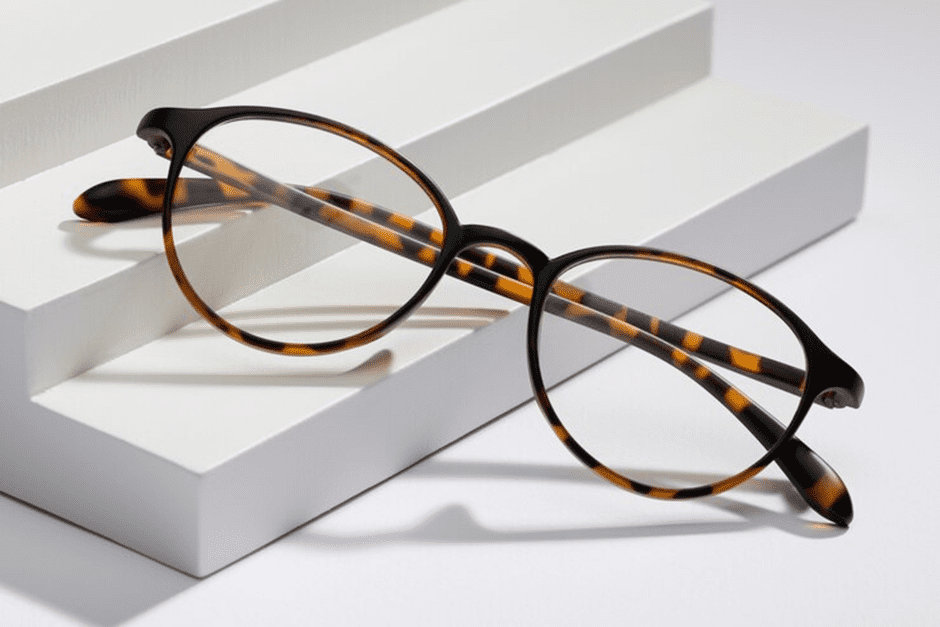We often take our vision for granted until something goes wrong. Think about how much you rely on your eyes every single day. From checking your phone in the morning to driving at night on Chicago roads, your eyes are constantly working. But just like the rest of your body, your eyes need care to stay healthy.
The good news? Protecting your sight doesn’t have to be complicated. With a few simple habits and regular care, you can keep your eyes strong and healthy for years to come.
So, let’s break down some easy, practical steps you can take to safeguard your vision and keep your world in focus.
1.Get a Regular Eye Test
Getting your eyes checked regularly is one of the easiest and most effective ways to maintain your vision. Many eye problems, including glaucoma and macular degeneration, develop slowly and without noticeable symptoms at first.
A comprehensive eye test can catch these issues early before they become more serious. Even if you have perfect vision, you should aim to have a test every one to two years.
2.Seek Specialized Care
Sometimes, regular eye tests aren’t enough, and that’s where specialized care comes in. If you’ve been experiencing ongoing vision issues or discomfort or have been diagnosed with a complex eye condition, an ophthalmologist can provide the advanced care you need.
Experienced ophthalmologists in Chicago treat eye problems with a holistic approach. They consider how your overall health might be affecting your vision. Whether it’s a surgical procedure, advanced treatments for glaucoma or cataracts, or vision correction, having access to an expert makes all the difference.
Moreover, if you’re looking for comprehensive, personalized eye care, finding a specialist who combines advanced technology with a patient-focused approach can help you achieve the best possible outcome.
3.Protect Your Eyes from UV Rays
Sunglasses aren’t just a summer accessory. They’re essential for protecting your eyes from long-term damage. UV rays from the sun can increase the risk of cataracts and other eye issues over time.
When choosing sunglasses, make sure they offer 100% protection from both UVA and UVB rays. Wrap-around styles also provide extra coverage, blocking rays from the sides. And don’t forget to wear them year-round since UV rays are present even on cloudy days.
4..Eat Well to Better Vision
It turns out the old advice about carrots being good for your eyes isn’t just a myth. Foods that contain various vitamins like E & C, zinc, and omega-3 fatty acids have been shown to reduce the risk of age-related eye problems like macular degeneration and cataracts.
Some eye-friendly foods to add to your diet include:
- Leafy greens like spinach and kale.
- Fatty fish like salmon and tuna.
- Citrus fruits like oranges and grapefruits.
- Nuts and seeds.
- Eggs.
Ultimately, a balanced diet isn’t just good for your waistline but also for your eyes.
5.Give Your Eyes a Break
If you’re like most people, you probably spend hours staring at a screen, whether it’s your phone, laptop, or TV. That kind of strain can lead to digital eye strain, causing headaches, blurred vision, and dry eyes.
Blue light glasses can help, but the best solution is to give your eyes a break from time to time.
6.Keep Your Hands Off Your Eyes
Touching your eyes with unwashed hands is a fast track to infection. Pink eye (conjunctivitis) is highly contagious and can spread easily if you’re not careful.
If your eyes feel itchy or irritated, resist the urge to rub them. Instead, use artificial tears to soothe them and wash your hands frequently to avoid transferring bacteria. If irritation persists, see an eye doctor rather than trying to tough it out.
7.Keep Your Eye Makeup Clean
Ladies, this one’s for you. Old mascara and eyeliner can harbor bacteria, leading to eye infections. Make sure you’re replacing your makeup regularly and avoid sharing products with others.
If you’ve had an eye infection, toss any makeup you were using at the time to avoid reinfection. Plus, always remove your makeup before bed, no exceptions!
Final Thoughts
Taking care of your eyes doesn’t have to be complicated, but it does require consistency. Regular check-ups, a healthy diet, and simple habits like wearing sunglasses and resting your eyes can make a big difference in the long run.
And if you’re dealing with more complex vision problems, don’t hesitate to consult an ophthalmologist. Early treatment can often prevent small issues from turning into major problems.
Ultimately, your eyes are working hard for you daily, so give them the care they deserve.




